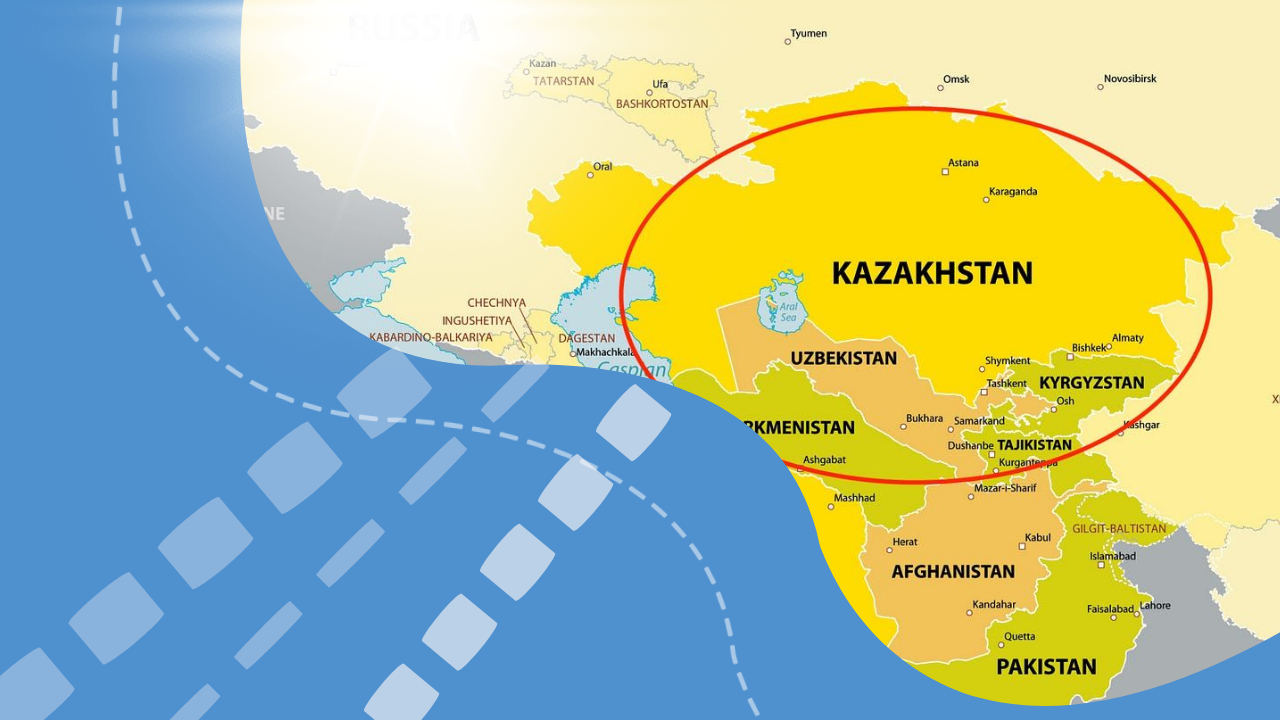The Ministry of National Economy has introduced a draft of the new tax code for discussion on the “Open NPA” portal. Several changes in the code will impact the activities of mining companies.
Specifically, oil companies are offered an alternative mineral extraction tax with reciprocal investment obligations instead of benefits under the current mineral extraction tax (MET). This measure aims to stimulate the development of depleting fields. Companies will be required to invest the freed-up funds into intensifying production and the socio-economic development of the region, rather than distributing them as dividends.
Additionally, the new code includes changes for geological exploration. Companies will be allowed to deduct all expenses related to subsurface studies as part of non-contractual activities and other contracts or licenses. This initiative aims to reduce all risks for potential investors in the event of unsuccessful exploration.
The Ministry also seeks to draw more attention to waste processing in mining. Those engaged in the development of man-made mineral formations can now expect reduced MET rates.
Another proposal includes temporary benefits for those developing new sections of existing fields with low profitability.
Overall, the new code aims to reduce the number of taxes and other mandatory payments in the country by more than 20%.

